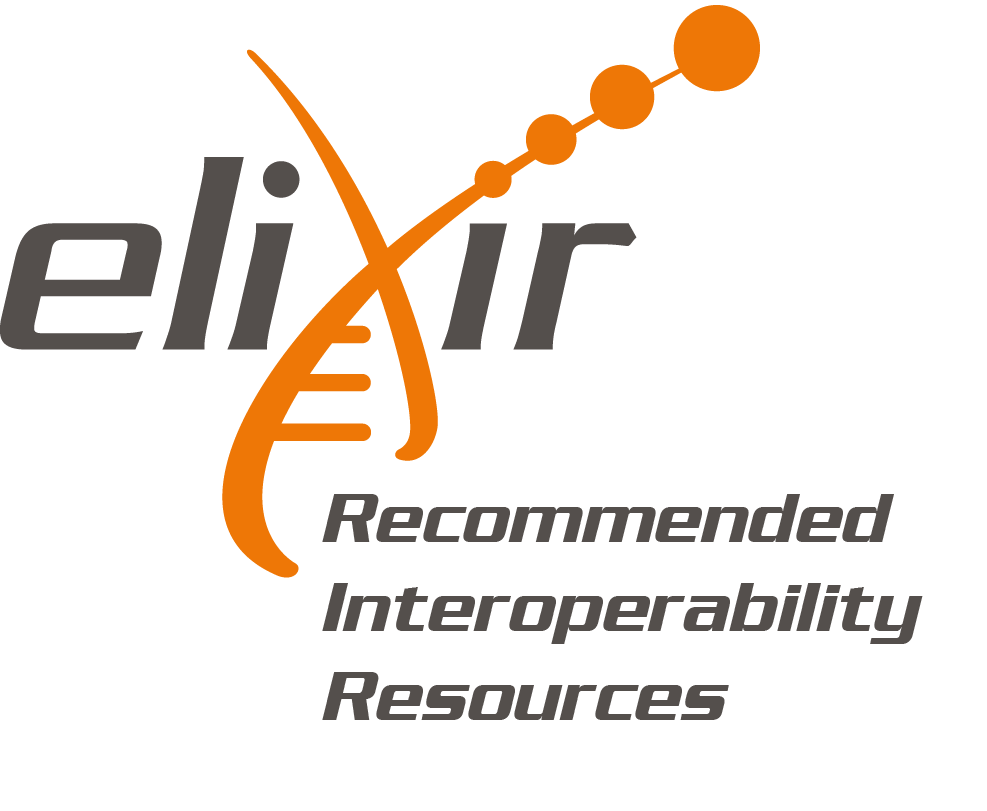DisGeNET is a discovery platform containing one of the largest publicly available collections of genes and variants associated to human diseases ( Piñero et al., 2021; Piñero et al., 2019; Piñero et al., 2016; Piñero et al., 2015). DisGeNET integrates data from expert curated repositories, GWAS catalogues, animal models and the scientific literature. DisGeNET data are homogeneously annotated with controlled vocabularies and community-driven ontologies. Additionally, several original metrics are provided to assist the prioritization of genotype–phenotype relationships.
The current version of DisGeNET (v7.0) contains 1,134,942 gene-disease associations (GDAs), between 21,671 genes and 30,170 diseases, disorders, traits, and clinical or abnormal human phenotypes, and 369,554 variant-disease associations (VDAs), between 194,515 variants and 14,155 diseases, traits, and phenotypes.
The information in DisGeNET can be accessed in several ways:
- The web interface, through the Search and Browse functionalities
- The Resource Description Framework (DisGeNET-RDF) representation via the SPARQL endpoint, and the Faceted Browser
- The DisGeNET Cytoscape App
- Scripts in the most commonly used programming languages
- The disgenet2r package.
- The SQLite database
- Tab separated files. See downloads section
DisGeNET is a versatile platform that can be used for different research purposes including the investigation of the molecular underpinnings of human diseases and their comorbidities, the analysis of the properties of disease genes, the generation of hypothesis on drug therapeutic action and drug adverse effects, the validation of computationally predicted disease genes and the evaluation of text-mining methods performance.
The DisGeNET platform has been used in different studies, see citing publications here and here.
The DisGeNET database is made available under the Attribution-NonCommercial-ShareAlike 4.0 International License. For more details, visit the Legal Notice page.
If you plan to use DisGeNET for commercial purposes we have developed DISGENET plus
In DISGENET plus we have incorporated:

- Deep learning models to detect mentions of diseases and genes
- New module to manage acronyms & abbreviations
- Deep learning models to detect and characterize negations
- Increased coverage of animal models of disease
For more information about DISGENET plus database, please visit https://www.disgenetplus.com/
Learn more about the current DISGENET plus database release here
For inquiries regarding the use of DisGeNET for commercial purposes, please contact info@disgenetplus.com
News
- A total of 99,057,987 triples serialized in Turtle syntax.
- 1,134,942 GDAs between 21,671 genes and 30,170 diseases,and traits
- 369,554 VDAs between 194,515 variants and 14,155 diseases and traits
- New ontology: Drug Target Ontology used to model the protein class
- New variant attributes: Risk allele of the disease variant now available for ClinVar, the GWAS Catalog and GWASdb
- 1,134,942 GDAs between 21,671 genes and 30,170 diseases,and traits
- 369,554 VDAs between 194,515 variants and 14,155 diseases and traits
- New variant attributes: Risk allele of the disease variant now available for ClinVar, the GWAS Catalog and GWASdb
- New functionality: Disease searches can now be expanded using semantic similarities between disease concepts. See more information here
The URIs for UniProt identifiers have been updated to http://purl.uniprot.org/uniprot/. See more information here.
- We have migrated the DisGeNET platform to the HTTPS protocol. If you experience any problem contact us at support(at)disgenet(dot)org
- A total of 62,359,775 triples serialized in Turtle syntax.
- 628,685 GDAs between 17,549 genes and 24,166 diseases,and traits
- 210,498 VDAs between 117,337 variants and 10,358 diseases and traits
- New data sources: CGI, ClinGen, Genomics England panel app, and GWAS db
- New: inferred GDAs from HPO, GWAS catalog, and GWASdb
- New variant attributes: the allelic frequency in GNOMAD exomes and genomes
The DisGeNET RDF is available here.
The DisGeNET REST API provides programmatic access to the DisGeNET data. The API provides the following services:
- Get gene-disease associations
- Get variant-disease associations
- Get disease-disease associations
- Get gene attributes
- Get variant attributes
- Get disease attributes
The DisGeNET REST API isn't available at this moment, sorry for the inconvenience.
The disease-disease associations have been obtained by computing the number of shared genes, and shared variants between pairs of diseases, by source. The DDAs can be explored from the Search panel by searching by disease (one or multiple diseases). See an example here.
- 628,685 GDAs between 17,549 genes and 24,166 diseases,and traits
- 210,498 VDAs between 117,337 variants and 10,358 diseases and traits
- Improved web interface: new search and filter options
- New data sources: CGI, ClinGen, Genomics England panel app, and GWAS db
- New: inferred GDAs from HPO, GWAS catalog, and GWASdb
- New GDA attribute: the Evidence LeveL
- New gene attribute: the pLI (probability of being loss-of-function intolerant)
- New variant attributes: the allelic frequency in GNOMAD exomes and genomes
- Improved text mining system (BeFree) See more information here

-
ELIXIR has announced its first portfolio of Recommended Interoperability Resources (RIRs) to facilitate interoperability and reusability of life science data and support the principles of FAIR data management.
See the list of ELIXIR Recommended Interoperability Resources.
- 561,119 gene-disease associations (GDAs), between 17,074 genes and 20,370 diseases, disorders, traits, and clinical or abnormal human phenotypes
- 135,588 variant-disease associations (VDAs), between 83,002 SNPs and 9,169 diseases and phenotypes
- New data sources: PsyGeNET and the Human Phenotype Ontology
- New: Two DisGeNET Scores are now available: one for GDAs, and one for VDAs
- New: A Disease Specificity Index (DSI) and a Disease Pleiotropy Index (DPI) have been computed for the variants
- New: We have added the Evidence Index for GDAs and VDAs.

